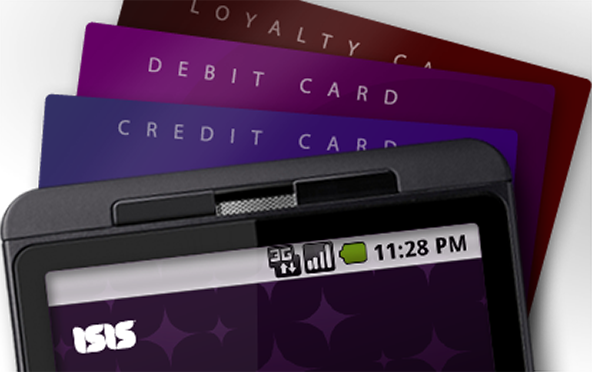American Express Card Acceptance Guidelines

When processing American Express credit card transactions, merchants must comply with specific requirements that are spelled out in their merchant agreements. If a transaction that is not processed according to these procedures is disputed by the cardholder, the merchant does not have re-presentment rights and will have to accept the chargeback. Following is a list of the most relevant American Express card acceptance terms.
For all card-present American Express sales transactions, the merchant is required to:
- Create an electronic record of the sale (charge record).
- Verify that the card is not visibly altered or damaged.
- Verify that the card is signed in the same name as that embossed on the front of the card.
- Obtain an authorization approval code from American Express, regardless of the dollar amount. Authorization approval codes are valid for thirty days from the date they are issued.
- Obtain the cardholder’s signature.
- For sales of goods and services that are shipped or provided more than thirty days after the order is made, you must obtain authorization for each sale at the time the order is made and again immediately before you ship the goods or provide the services to the cardholder.
For all sales made by mail or telephone, or at unattended locations, the merchant is required to:
- Create a charge record, except that the additional words “Mail Order,” “Telephone Order,” “Internet Order” or “Signature on File,” as applicable, should be written on the cardholder signature line. Cardholder-Activated Terminal transactions should be flagged with a CAT indicator.
- Obtain an authorization approval code.
- If you submit your transactions electronically, the electronic charge record should also be identified as such using terms like “Mail Order,” “Telephone Order,” “Internet Order” or “Signature on File.”
American Express prohibits merchants from processing certain types of transactions. These transactions include:
- Penalties or fines of any kind, damages, losses or any other costs or fees that are beyond the normal price (plus applicable taxes) for the goods or services provided, or amounts for which the cardholder has not specifically authorized payment by the card.
- Gambling services, gambling chips or gambling credits as well as online gambling.
- Cash.
- Returned / canceled checks.
- Goods which will be used as inventory or otherwise resold (unless specifically allowed in accordance with the merchant agreement).
- Sales made under a different business name than the one indicated in the merchant agreement, unless explicitly approved by American Express in writing.
- Sales made by third parties.
- Amounts which do not represent a bona fide sale of products or services at the merchant’s establishment.
- Illegal business transactions.
Image credit: Wikimedia Commons.


